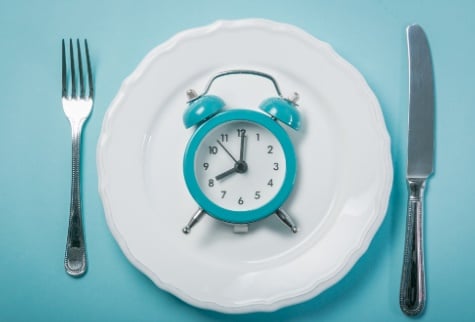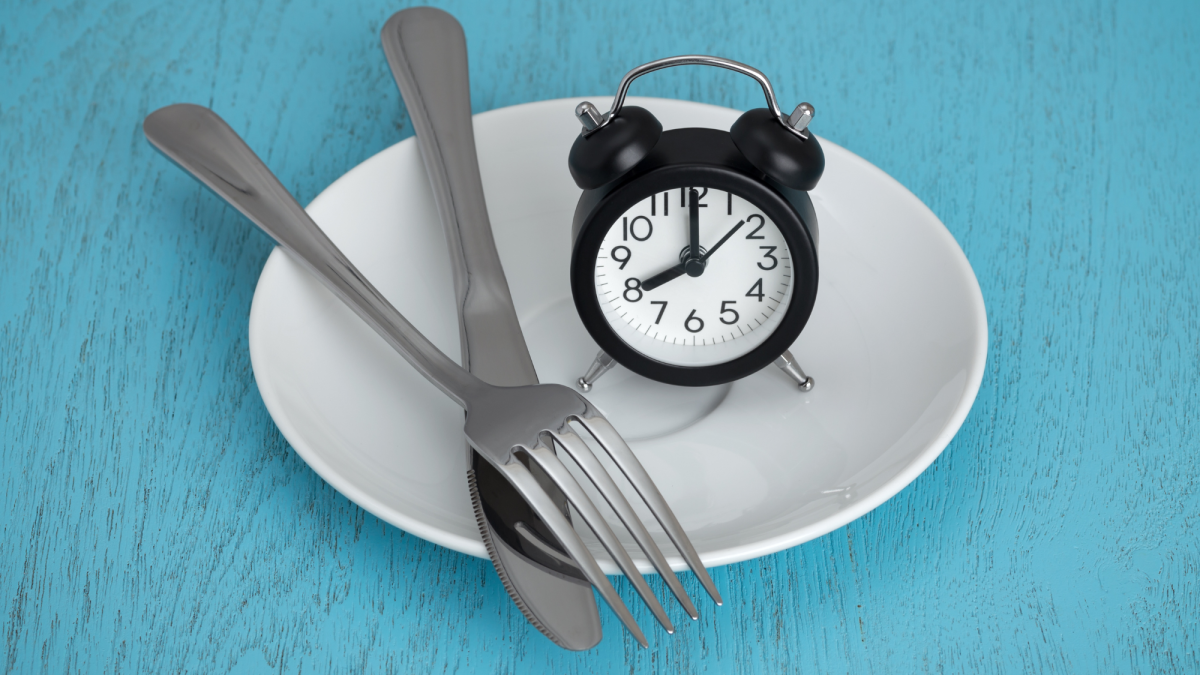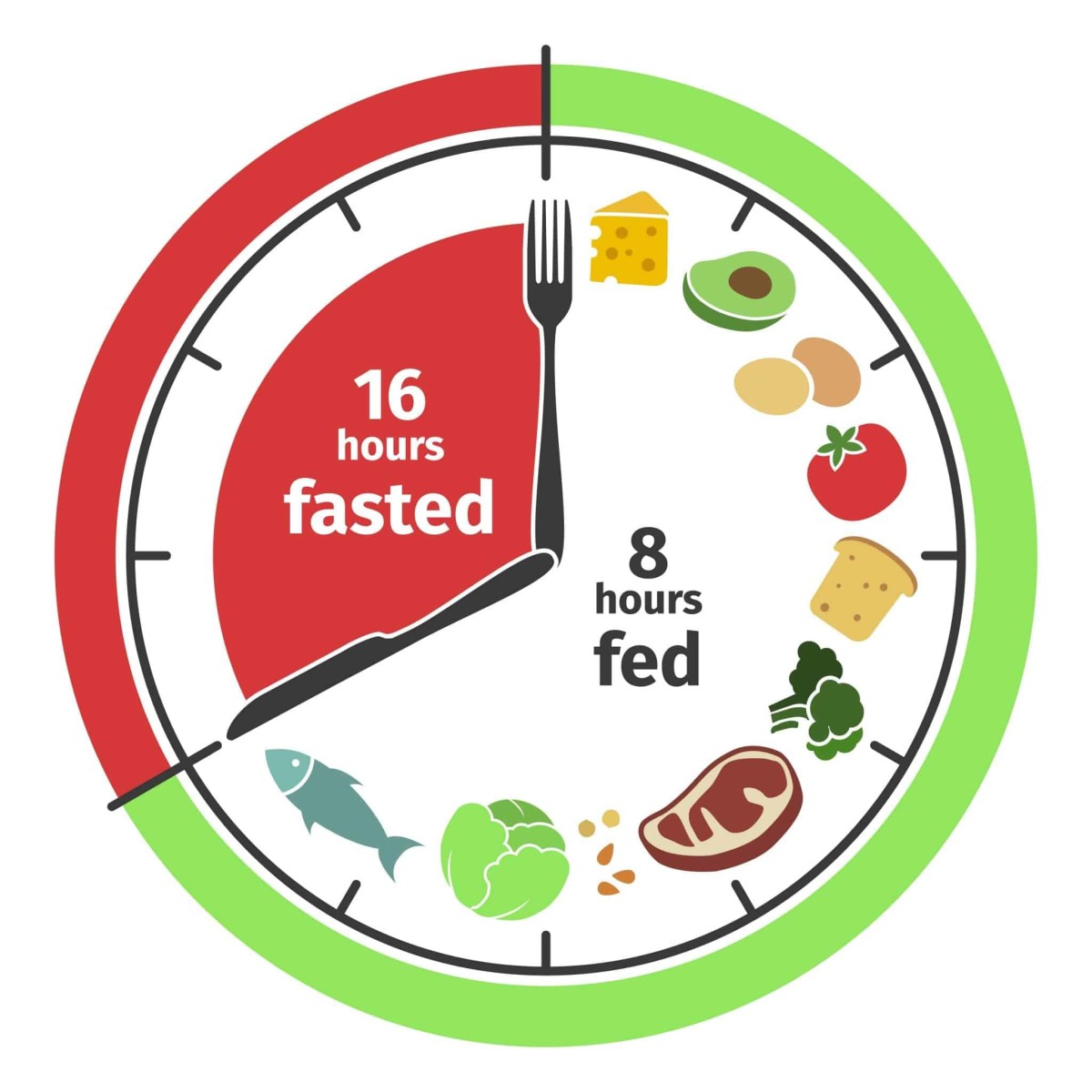Intermittent Fasting: A Great Way to Better Health

“There is nothing new, except what has been forgotten”
This popular quote from Marie Antoinette, former Queen of France and Navarre, is applicable to fasting. Fasting is not a new practice. It has been used as one of the healing traditions for centuries. In fact, every culture and every other religion on earth use it. Even history can prove that fasting is an ancient practice and efficient approach to wellness.
Hippocrates of Kos (c. 460 - c. 370 B.C), the Greek physician and an outstanding figure in the history of medicine, prescribed the practice of fasting to his patients. He wrote, “To eat when you are sick, is to feed your illness”. The Greek philosophers Plato (428/427 or 424/423 - 348/347 BC), and his student Aristotle (384 - 322 BC) were also known to be staunch supporters of fasting. And, Plutarch (c. AD 46 - c. 120), the Greek biographer and essayist wrote, “Instead of using medicine, better fast today”. The ancient Greeks held the belief that medical treatment came from nature. They were convinced fasting improves cognitive abilities.
Likewise, Philip Paracelsus (1493/4 - 24 September 1541), the Swiss physician and founder of toxicology wrote, “Fasting is the greatest remedy - the physician within”. And, Benjamin Franklin (1706 - 1790), one of the Founding Fathers of the United States was also a believer of fasting. He wrote, “The best of all medicines is resting and fasting”.
Basing from these propositions, we can assume that humans are not made to eat 24/7. Our metabolic machinery is not designed to be stocked with so much food all the time. It was only in the last hundred years or so that we had the technical capacity to eat more than three times a day.
What is Intermittent fasting?
Sadly, whenever the word fasting is mentioned to the present generation, you can expect some eye-rolling response. I even witnessed a friend freaking out when I suggested intermittent fasting to solve her overweight problem. For them, fasting is equivalent to starvation. To make things clear, I find it necessary to differentiate fasting from starvation.
Starvation is involuntary. There's an absence of food. You don’t control or do it deliberately. When you're starving, you may not have the idea when and where to get your next meal.
On the other hand, fasting is a voluntary act. You just withhold food in observance of religious tradition or spiritual purpose, health, or for other reasons. You may fast for only a few hours, days, or months and end it at will.
Fasting offers you several health benefits, provided you do it properly. In intermittent fasting, you follow an eating pattern that involves a cycle between withholding food and eating at a certain period of time. And, unlike any other forms of dieting patterns, intermittent fasting does not restrict you to stick to certain kinds of food. Instead, you may eat whatever you want, but it should be limited to a certain number of calories or at a set period of time.
Before you plunge into intermittent fasting, however, you must consider these important factors to optimize the benefits:
- When on fast, drink plenty of water to keep yourself feeling full. Feeling satisfied helps you curb cravings for food, particularly at the initial stage of fasting.
- When you break your fast, refrain from eating processed foods. These will only defeat your purpose of cleansing your body from toxins. Instead, consume only nutrient-dense foods.
- Get support from your family and friends, especially from those with whom you live. They can motivate you and even help you from veering off your diet journey.
Health Benefits of Intermittent Fasting
Now, let’s take a look at the benefits of fasting. When you fast, a lot of positive things happen in your body. Here are some of the important changes that you can expect to occur.
Your insulin levels drop
Each time you consume carbohydrates, your digestive system converts the digestible parts into sugar. This sugar enters the bloodstream and prompts your blood sugar to rise, alerting the pancreas to produce insulin. Insulin is a hormone that gives a cue for the body to store blood sugar for energy or as fat to be used later. It also has the ability to shut down the flow of fat from fat deposits, preventing it to be used as fuel. Instead, the fat goes into storage.
By practicing intermittent fasting, however, you compel your body to drop its dependence on glucose. During the time when you are not eating, your body works to lower the insulin levels, which consequently reverses the process of storing fat. The growth hormones are also elevated during the fasted state.
Allows your body to burn fat for fuel
It takes 2 - 4 hours to digest and process what you have consumed. Your body gets its energy from the food you have just eaten, instead of from the fat stored within. But when you fast, your body does not have a food source to obtain its energy from. Thus, it is compelled to burn the stored fat as a source of energy.
No excess skin folds
If you are massively overweight and choose to go intermittent fasting, you can rest assured you’re not going to have those ugly excess skin folds. Why? It’s because your body goes through a metabolic process called autophagy where it eats your unnecessary tissues.
Improves your cognitive function
During his TEDx Talk on the subject of fasting in relation to brain function, Professor Mark Mattson, the head of the Laboratory of Neuroscience at the National Institute on Aging, said that fasting causes positive neurochemical changes in the brain. These changes lead to an improvement in the cognitive function and resistance to stressful stimuli. He further explained that calorific restriction brings down inflammation in the brain and increases neurotrophic factors like the production and growth of neurons. These factors are essential in improving memory and learning.
Mattson, who is also a Professor of Neuroscience at The Johns Hopkins University, mentioned that “intermittent fasting enhances the ability of the nerve cells to repair DNA”. It may also build greater resistance in the brain against conditions like dementia and dystonia.
Meanwhile, Dr. Joseph Mercola, an Osteopathic Physician also said that intermittent fasting improves cognitive function by providing the brain with fat instead of glucose.
As we can see, these propositions from modern-day health practitioners support what the ancient Greek philosophers believed about fasting.
Reduces your cravings for food
When you are in a fasted state, the ghrelin and leptin hormones also work. Ghrelin, the “hunger hormone” decreases; while leptin, the “satiety hormone”, increases during the fasting period. Hence, when you have less ghrelin and more leptin, you feel fuller and satisfied because your body’s glucose dependence has been altered.
To Feed or To Fast?
Honestly, starting to go intermittent fasting can be a great challenge, especially if you’re used to feeding yourself all day. But then, if you’re conscious about getting fit, wouldn’t it be wise to bring back the ancient practice? Intermittent fasting is the cheapest and surest way to a healthy and longer life. As the ancient Greeks believed, fasting and natural diet should be your first consideration when you feel like having a medical problem. Fasting allows your body time to remove the toxins you accumulate during the fed state.








